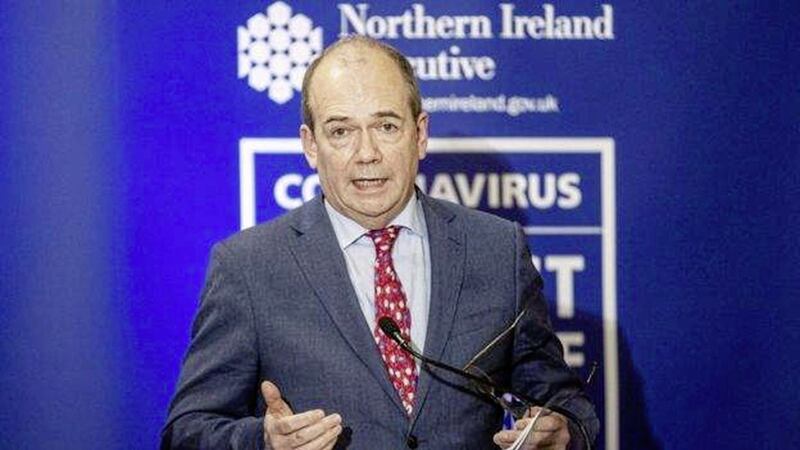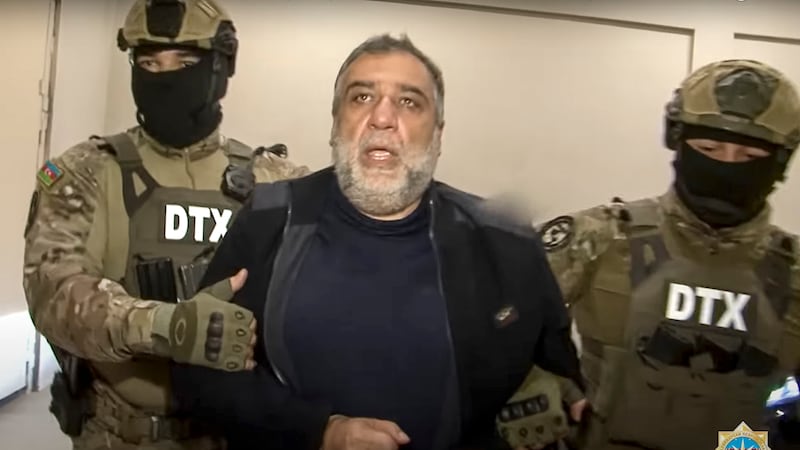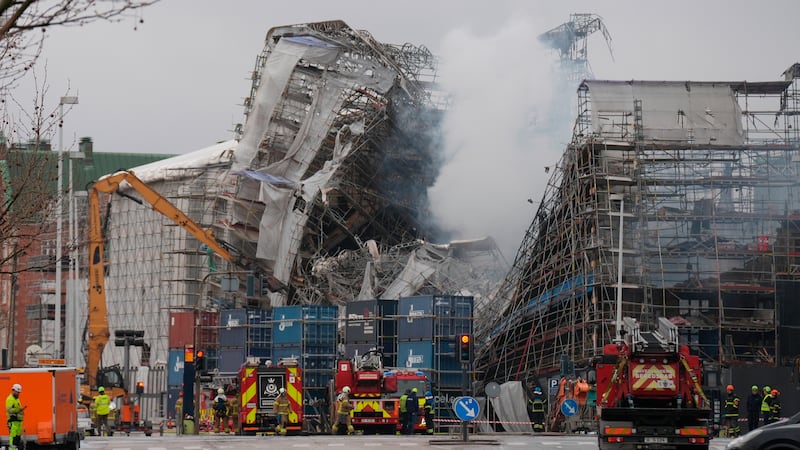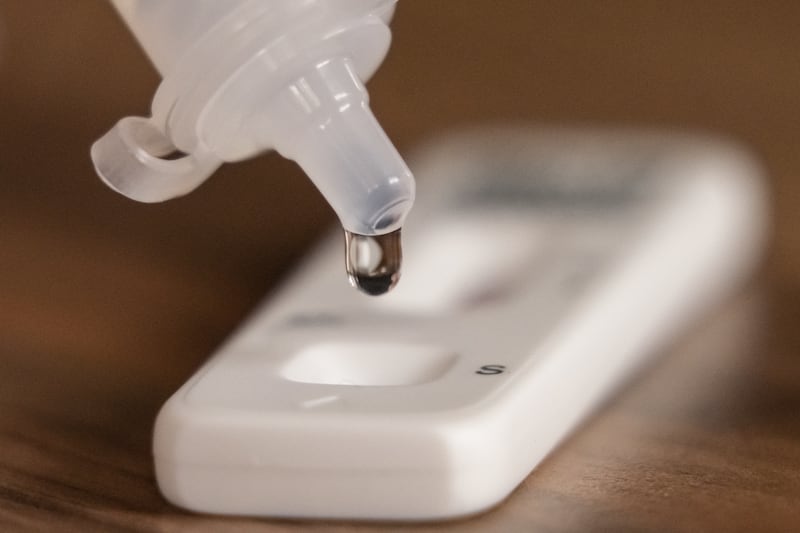CORONAVIRUS has now claimed the lives of more than 1,000 people across Ireland.
Health minister Robin Swann revealed a steep increase in the north's death toll yesterday, which came to light after he asked officials to query figures from last Sunday, when only one fatality was confirmed.
At a Stormont briefing, he said health trusts had now reported a total of 250 deaths, a "significant increase" on the previous day's tally of 216.
In the Republic, a further 49 people who had been diagnosed with Covid-19 passed away, bringing the total number of deaths to 769.
Mr Swann said eight more people had died in Northern Ireland in the previous 24 hours, with the remainder of the increase involving deaths from previous days.
"It's not that these deaths were never going to be reported, it's more in the timeline of the report," he said.
The Irish News sought clarity last night from the Department of Health as to how many of the 250 deaths had occurred in hospitals and how many were in the community, given that the statistics had been provided by trusts.
Unlike the Republic, information on Covid-19 deaths in the north were only given for hospital admissions up until last week.
A department official said more details as to the breakdown will be provided in coming days, when the Northern Ireland Research and Statistical Agency (NISRA) publishes data that will include care home and community deaths.
The north's Chief Medical Officer (CMO), Dr Michael McBride also addressed yesterday's briefing and said that "enhanced surveillance in the community" will be taking place, with increased Covid-19 testing in care homes, the GP sector and hospital A&E departments.
Department chiefs have been castigated for following the lead of Whitehall and abandoning community testing last month.
Dr McBride yesterday addressed the matter, saying: "It is vitally important that we have more intelligence and data about how this virus is behaving so that can inform our next response."
The CMO also said he had been in "regular contact" with his counterpart in the Republic - where there has been widespread community testing and tracing throughout the pandemic - and had spoken to Dr Tony Holohan in a conference call earlier that day about "mapping our way forward".
Dr McBride added: "We cannot drop our guard."
Sinn Féin's Colm Gildernew, who chairs the Stormont health committee, expressed concern about the 'error' in reporting and said he intends to raise the issue at today's committee meeting.
"It is deeply worrying that weeks into this crisis that such an error can be made in terms of reporting the number of deaths," he said.
"The health minister and department need to take steps to ensure this never happens again."
During his daily address in Dublin yesterday, Dr Holohan revealed that of the Republic's 769 deaths, 386 people died in a hospital setting, with 50 of those in ICU. The median age of those admitted to ICU was 60.
The Republic's CMO also confirmed that 412 people had died in community setting following a diagnosis of Covid-19 - with 348 of those deaths occurring in nursing homes.
The Republic's National Clinical Advisor and Group Lead for Older Persons, Dr Siobhán Kennelly, said far more people recover than die from coronavirus in nursing homes.
Meanwhile, Taoiseach Leo Varadkar yesterday confirmed paid leave will be provided for partners of healthcare staff who work in the public sector to allow them to provide childcare at home.
He acknowledged however that this would only work for public sector households and will not address situations where a couple are both frontline staff - or where one is based in the private sector and the other works in the public sector.








